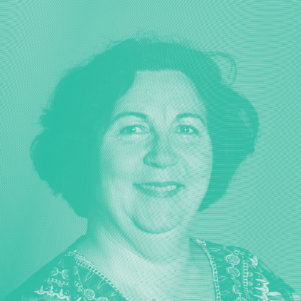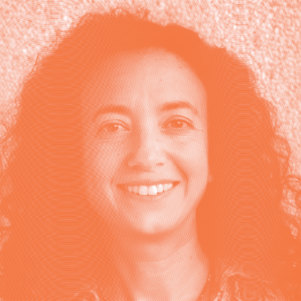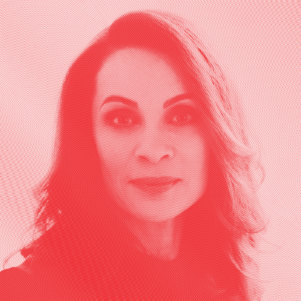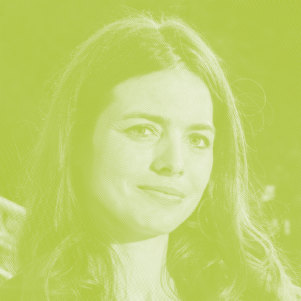I’m a professor of constitutional law within the Faculty of Law, so I’m involved in teaching and research, with human rights as my specialty. I’m also a member of the Assembly of the International Committee of the Red Cross (ICRC) and of the Swiss Federal Commission against Racism.
I’m passionate about discovering new things, constantly learning and studying societal issues in the hope of making a modest contribution. I like conversing with highly motivated and curious young people like my students and assistants.
I teach and do research into human rights. It’s truly inspiring work, especially since human rights have to be constantly protected, reaffirmed and adapted in order to safeguard people’s most fundamental interests, particularly those of the less “popular” minorities. So I can see a real purpose to what I do.
My career path. Being offered first an assistantship then a senior assistantship by Professor Thomas Cottier at the University of Bern were decisive moments in my career. Professor Cottier made it clear that he thought I had academic potential. I felt that he really believed in me, and he taught me to never give up. My mother also played a key role – she encouraged me to go down the academic route and advised me to keep moving forward with my studies and my projects swiftly.
I also got support from other people in the academic world and other members of my family. Both my mother and my grandmother have strong characters and are very independent. They always encouraged me and were real role models. When my grandmother was 11, she signed up for the secondary-school entrance exams behind her parents’ back. They were against the idea. She also went against the wishes of her schoolteacher, who thought that girls didn’t need a secondary-school education. My father was a real progressive. He liked to debate issues and encouraged me to stand up for my opinions. He was always proud of me. More generally, my family is quite unconventional, which means I don’t worry too much about what other people think.
A downside or obstacle ? I wish I had more time for my family or to write a book. It’s so difficult to strike the right balance between your work life and your personal life, and I think that’s a major obstacle. It can discourage people even before starting a family. On top of that, women often lack self-confidence, and they still have to deal with some unhelpful stereotypes.
In Geneva, I was the first woman professor in my field, and there are still a lot more men than women in my department. The number of female researchers in the area of human rights is on the rise in relative terms, but we’re still in the minority at the professor level.
I’m proud to have been able to break through linguistic barriers and work in both the German – and French-speaking parts of Switzerland and further afield as well. I’m also proud that I can analyse problems using a comparative approach and based on the social, historical and political context.



